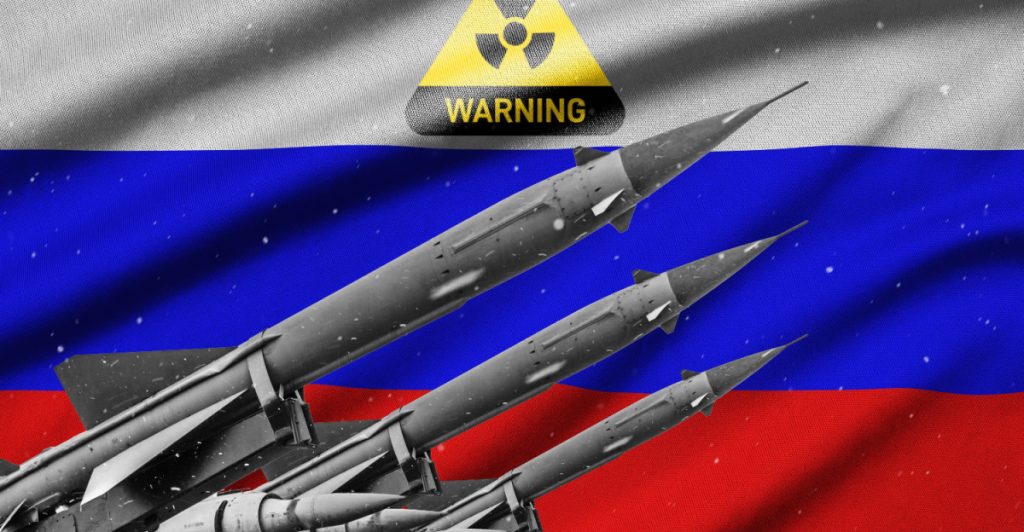Dutch and German intelligence reports confirm Russia’s systematic use of banned chemical agents in Ukraine, sparking international calls for tougher sanctions.
Others are reading now
Dutch and German intelligence reports confirm Russia’s systematic use of banned chemical agents in Ukraine, sparking international calls for tougher sanctions.
Chemical Agents Dropped by Drones
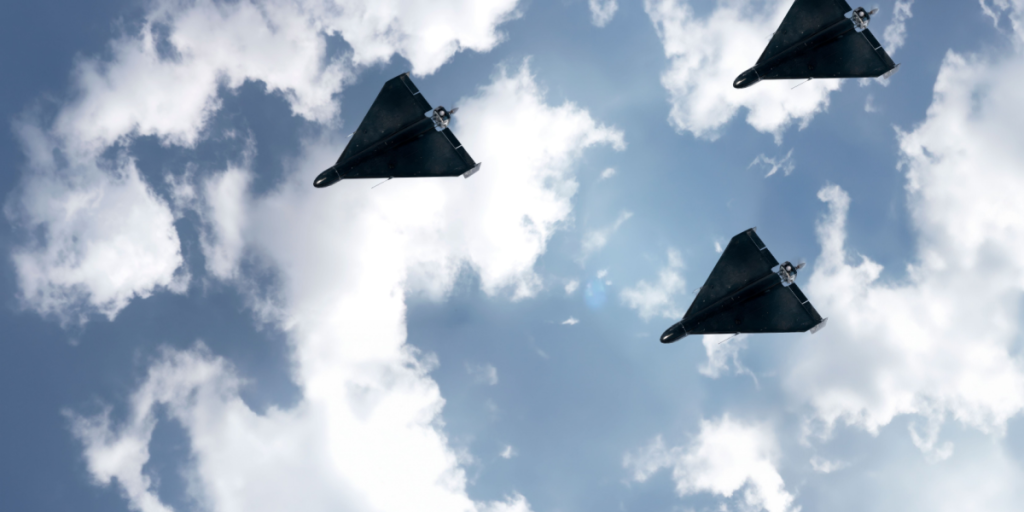
According to Dutch and German intelligence, Russia is using drones to drop choking agents, including chloropicrin, on Ukrainian trenches. The tactic aims to flush out soldiers who are then targeted by conventional fire. Officials describe this as a shift toward normalization of chemical warfare by Moscow.
Intelligence Confirms Large-Scale Program
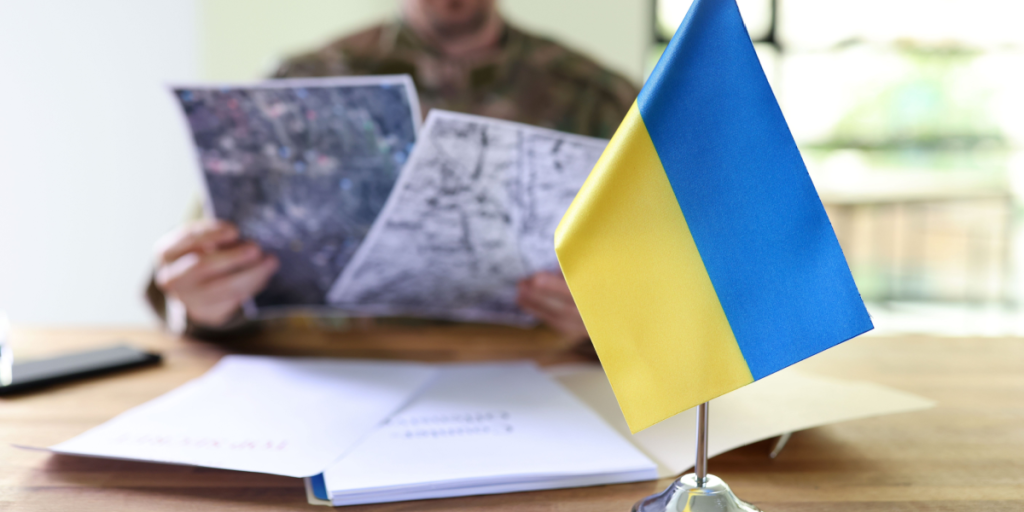
Dutch military intelligence chief Peter Reesink stated that Russia’s chemical weapons use stems from a broader, structured program. Evidence includes the recruitment of scientists and increased production capabilities. “This isn’t just ad-hoc tinkering,” he said. “It’s a large-scale operation.”
Growing Casualty Figures
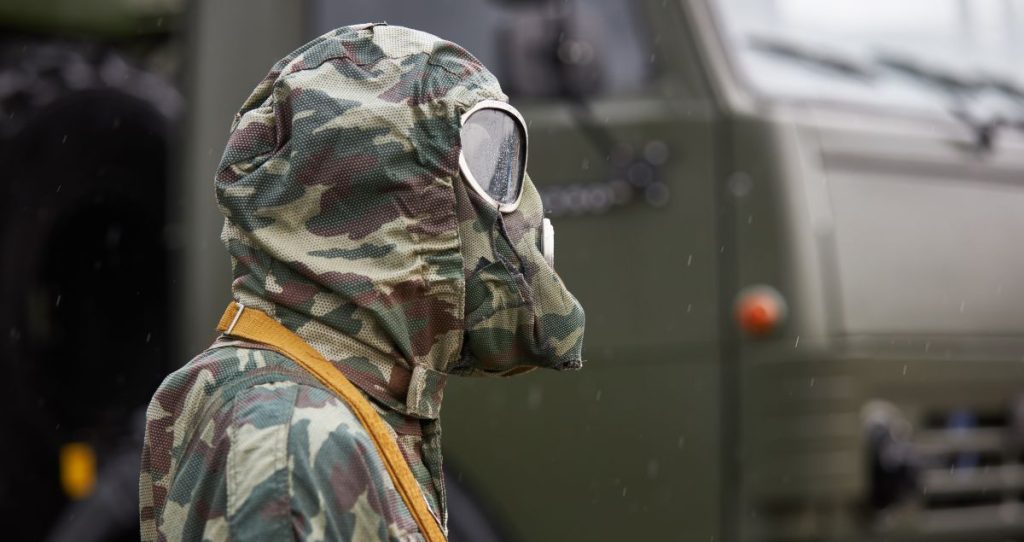
Dutch Defense Minister Ruben Brekelmans noted that at least three Ukrainian fatalities and over 2,500 battlefield injuries are tied to chemical exposure. Ukraine has cited as many as 9,000 instances of chemical weapon use, a figure Dutch officials consider credible.
Also read
OPCW Yet to Investigate
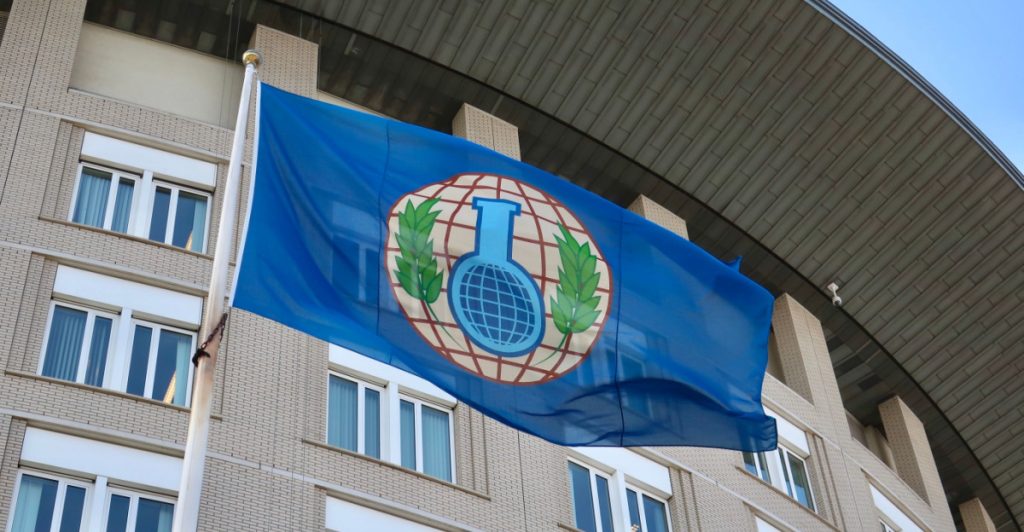
Despite mounting evidence, the Organisation for the Prohibition of Chemical Weapons (OPCW) has not launched an investigation. The agency requires a formal request from member states to do so. Brekelmans has called for Russia’s exclusion from the OPCW Executive Council.
Global Security Threat
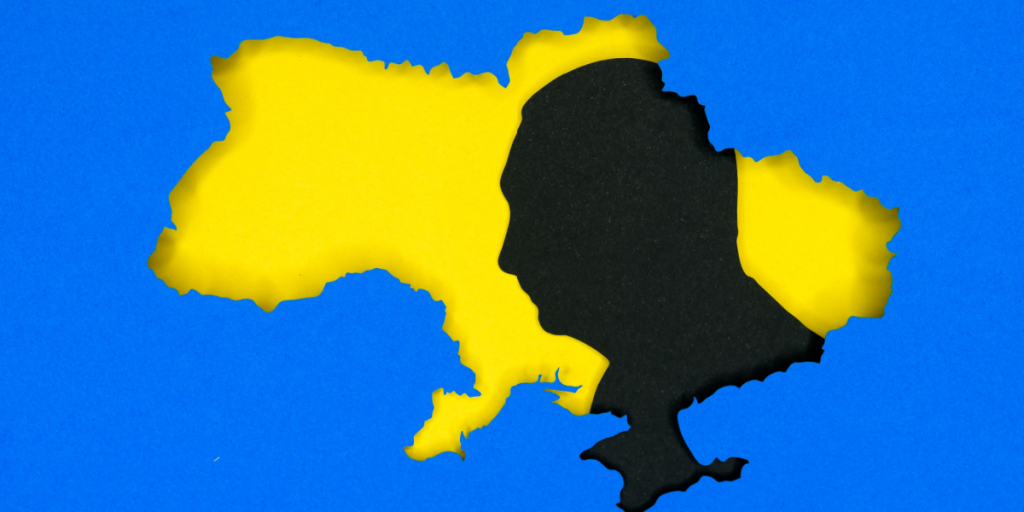
Officials warn that Russia’s chemical tactics threaten not just Ukraine but global norms and regional stability. “We must increase pressure,” said Brekelmans, urging expanded sanctions and international accountability.
Weaponizing Improvised Munitions
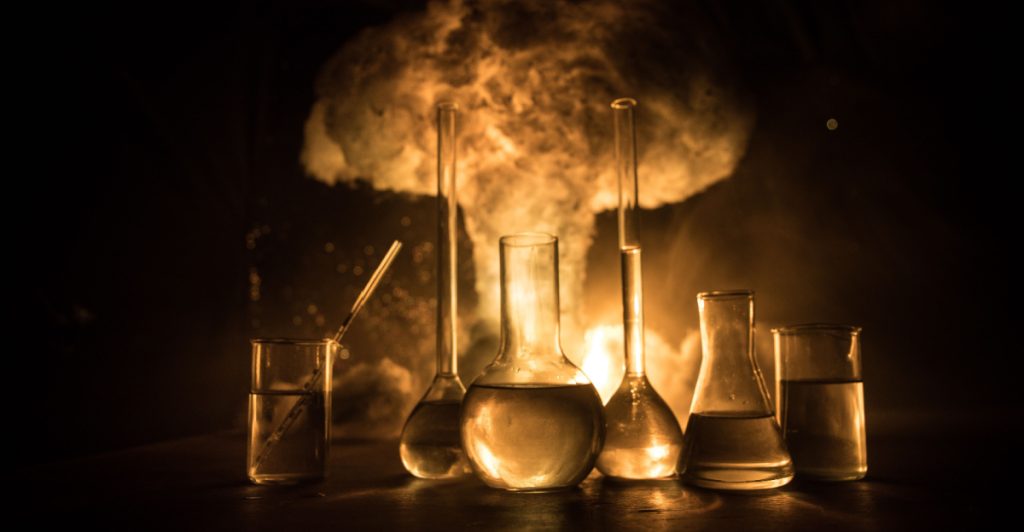
Reesink detailed how Russia modifies common objects like light bulbs and bottles to deploy toxic gases. He described such deployments as standard procedure, with chloropicrin and tear gas frequently used in modified delivery systems.
Sanctions and Next Steps
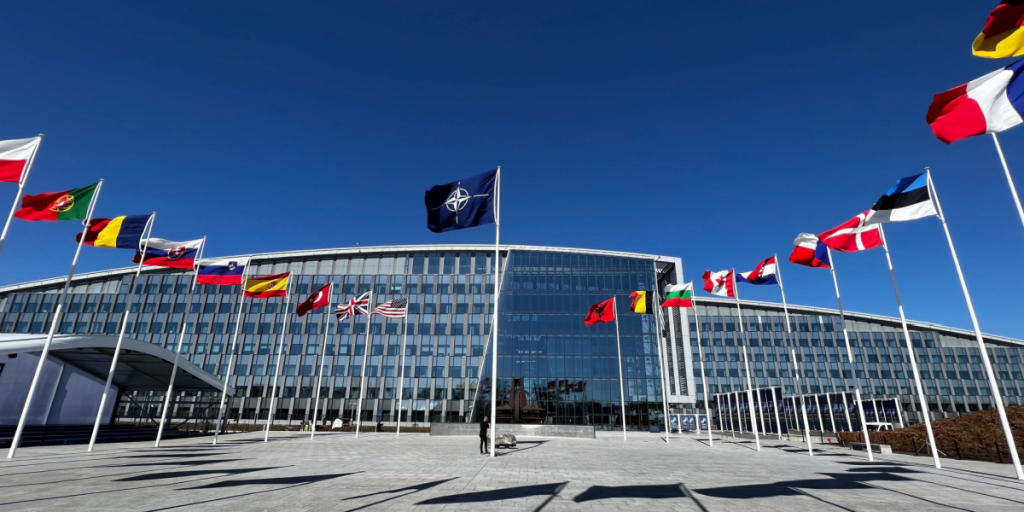
The Dutch government submitted the intelligence to parliament and urged EU partners to tighten sanctions. The European Commission is considering new listings of individuals and entities linked to chemical weapons use. NATO allies are closely monitoring the situation as it escalates.
Further OPCW action remains pending, but Western leaders are pushing for immediate diplomatic and legal responses to deter further violations.

